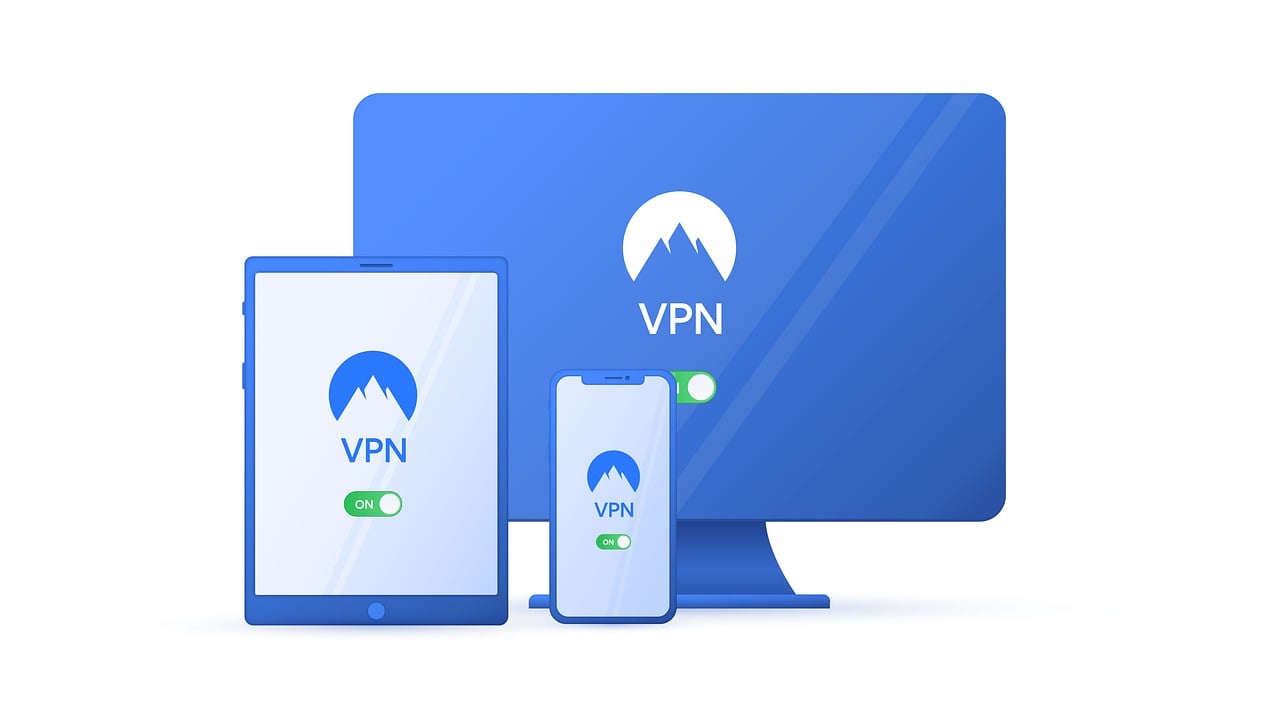Privacy and security are key concerns for users when choosing a VPN service provider. One of the important factors is whether the provider logs users' online activities and personal information. Zero logging policy becomes a key factor for users to choose a VPN. However, is zero logging really important for VPNs? In this article, we will explore the importance of zero logging policy and how it affects VPNs.

I. The significance of zero logs
1. User privacy protection: A zero-log policy means that VPN providers do not record users' online activities, browsing history or personally identifiable information. This ensures that the user's privacy is protected to the fullest extent and that the user can browse the Internet using a VPN with greater confidence.
2. Data Security: A zero-logging policy also protects the security of the user's data. If the provider does not log user activity, there is no risk that user data can be compromised, sold or misused. This provides a higher level of security and protection for users.
3. Avoid regulation: Certain countries and regions require VPN service providers to log user data and make it available to regulators when needed. Adopting a zero-log policy avoids such regulatory requirements and protects users' privacy and personal information from being misused.
II. Factors affecting zero logging
Technical implementation and security: Providers must employ appropriate technical measures to implement a zero logging policy. This includes ensuring that their servers do not log user data, employing advanced encryption techniques to protect user communications, and implementing secure data processing and storage measures. Users should choose vendors whose technical implementation and security measures are reliable.
III. Practical Effects of Zero Logging
1. Provides a higher level of privacy protection: Zero logging policy ensures that users' online activities are not recorded and tracked, providing a higher level of privacy protection. This allows users to freely browse the Internet without worrying about their data being collected and used.
2. Reduced risk of data leakage: Unlogged user data also means that providers are not at risk of storing and managing large amounts of sensitive information. This reduces the likelihood of user data leakage and provides a safer online experience.
3. Increased credibility and transparency: Providers that adopt a zero-logging policy demonstrate that they take user privacy and data security seriously. This increases the credibility and transparency of the provider and gives users more confidence in choosing their services.
4. User trust and reputation: Zero-log policies help build user trust and reputation of VPN providers. Users are more inclined to choose providers that promise not to log any user data because they believe these providers are more concerned about user privacy and data security.
5. Prevent Misuse and Data Monitoring: A zero-logging policy prevents providers from misusing user data or conducting data monitoring. Users can confidently use VPN services without worrying that providers will misuse their personal information or sell it to third parties.
Conclusion:
While zero-log policies are an important topic in the VPN space, their importance varies depending on the provider's business model, technical implementation, and legal constraints. However, for most users, a zero-log policy provides a higher level of privacy protection and data security. Choosing a reputable VPN provider that employs a zero-log policy and has a strong technical implementation is an important step in protecting personal privacy and data security.
 E-mail
E-mail